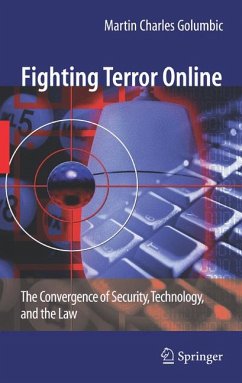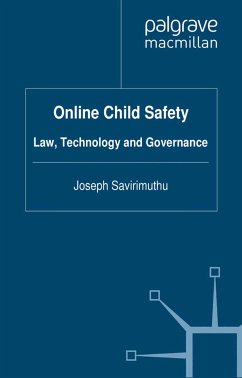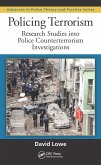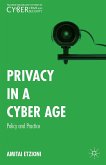The unprecedented events that have taken place in recent years have led legislators and governments throughout the world to reconsider and restructure their policies regarding security issues. Today, worldwide attention is being given to a new security threat, in the form of global terrorism. Legal systems are being called upon to provide a response to these threats, in all areas of life, including the online environment.
Among its many tools, global terror also uses advanced technological methods. This fact presents a difficult challenge to policymakers. Therefore, we have chosen to focus this book on the issue of formulating appropriate policy at the interface between security and technology, human rights and economic policy.
The fundamental issue - the tension between security needs and civil rights - is not new. A great deal of experience has been amassed in various countries in this regard, and the question that now arises is whether the existing system of principles and laws, developed on the basis of experience gathered in the "concrete" world, is applicable to the "digital" environment.
This book presents the position that the online environment is a significant and relevant theater of activity in the fight against terror, and will identify the threats, the security needs, and the issues that are unique to this environment. We examine whether the unique characteristics of this environment require new legal solutions, or whether existing solutions are sufficient. Three areas of online activity are identified that require reexamination: security, monitoring, and propaganda. For each of these, we will indicate the issues, examine existing legal arrangements, and offer guidelines for formulating legal policy. There is ademonstrated need to relate to the digital environment as a battlefront, map the new security threats, and thereby hope to provide focus to the pressing discussion on today's legislative and technological agenda.
Dieser Download kann aus rechtlichen Gründen nur mit Rechnungsadresse in A, B, BG, CY, CZ, D, DK, EW, E, FIN, F, GR, HR, H, IRL, I, LT, L, LR, M, NL, PL, P, R, S, SLO, SK ausgeliefert werden.









